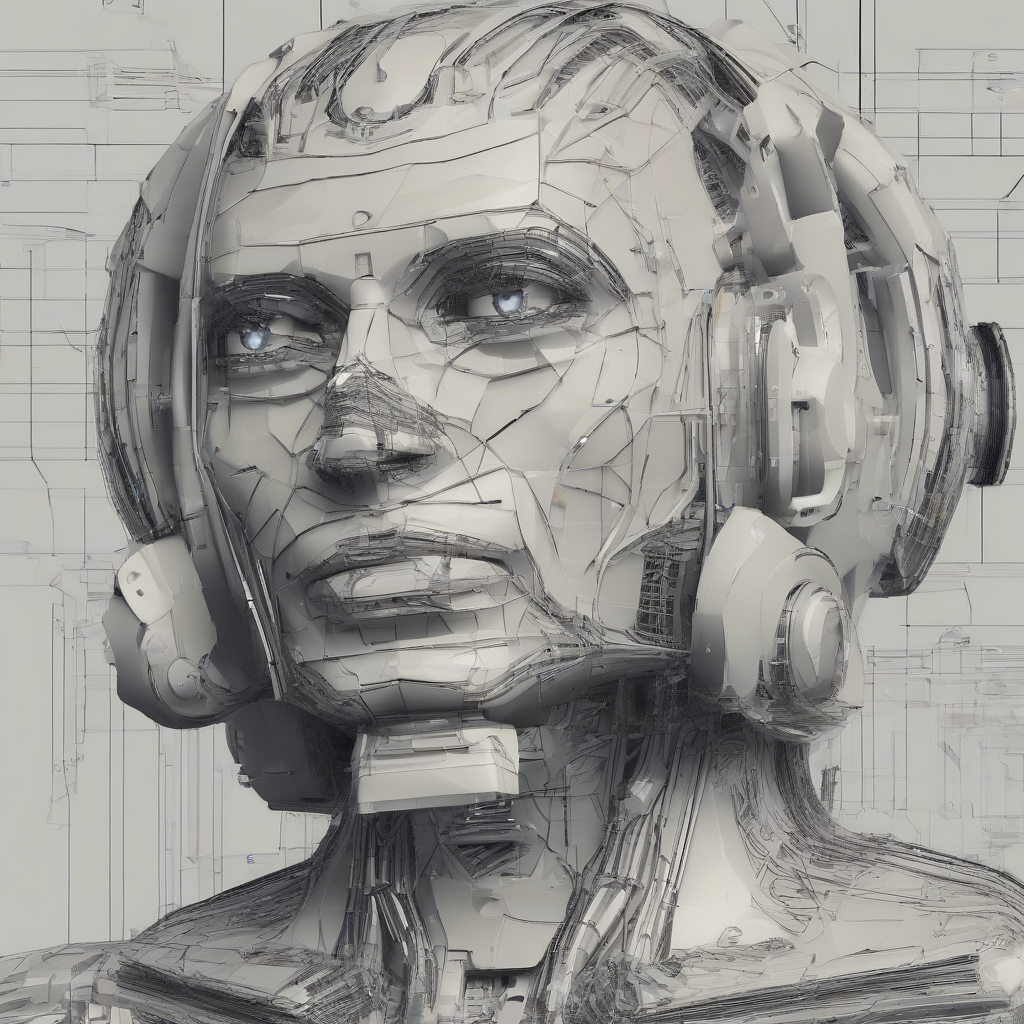Unlock Your Potential: The Comprehensive Guide to Online Bachelor’s Degrees in Industrial Engineering
The field of industrial engineering is experiencing a surge in demand, driven by the need for efficient and optimized processes across diverse industries. An online bachelor’s degree in industrial engineering offers a flexible and accessible pathway to a rewarding career in this dynamic field. This comprehensive guide explores the intricacies of online industrial engineering programs, providing prospective students with the information they need to make informed decisions.
What is Industrial Engineering?
Industrial engineering is a multifaceted discipline that focuses on improving efficiency, productivity, and quality within organizations. Industrial engineers employ a systematic approach to analyze, design, and implement integrated systems of people, materials, information, equipment, and energy. Their expertise is crucial in optimizing processes, reducing waste, and enhancing overall performance across various sectors, including manufacturing, healthcare, logistics, and technology.
Why Choose an Online Bachelor’s Degree in Industrial Engineering?
- Flexibility and Convenience: Online programs offer unparalleled flexibility, allowing students to learn at their own pace and on their own schedule. This is particularly beneficial for working professionals, individuals with family responsibilities, or those residing in geographically remote areas.
- Accessibility: Online learning breaks down geographical barriers, making high-quality education accessible to a wider range of students regardless of their location.
- Affordability: Online programs can sometimes be more affordable than traditional on-campus programs, due to reduced overhead costs.
- Technological Proficiency: The online learning environment fosters the development of crucial technological skills, vital in today’s increasingly digital workplace.
- Career Advancement: An online bachelor’s degree can significantly enhance career prospects, providing the necessary skills and knowledge for promotion or a career change.
Curriculum and Coursework: A Typical Overview
While the specific curriculum may vary across institutions, a typical online bachelor’s degree in industrial engineering will encompass a range of core subjects, including:
- Mathematics: Calculus, linear algebra, differential equations, and statistics are fundamental to the quantitative analysis employed in industrial engineering.
- Engineering Fundamentals: Students will learn the principles of mechanics, thermodynamics, materials science, and electrical engineering.
- Industrial Engineering Core Courses: This section delves into topics such as operations research, production planning and control, quality control, ergonomics, simulation, and supply chain management.
- Computer Applications: Proficiency in software tools like MATLAB, Python, and specialized industrial engineering software is crucial. Online programs often incorporate hands-on projects using these tools.
- Project Management: Effective project management skills are vital for industrial engineers. Courses will cover methodologies such as Agile and Scrum, emphasizing planning, execution, and monitoring.
- Data Analysis and Visualization: With the proliferation of big data, analyzing and visualizing data to drive decision-making is a key skill. Students learn statistical methods and data visualization techniques.
- Elective Courses: Students may have the option to specialize in areas such as healthcare, manufacturing, or logistics by choosing relevant electives.
Accreditation and Program Recognition
It’s crucial to choose an accredited online program to ensure the quality and legitimacy of your degree. Accreditation from organizations like ABET (Accreditation Board for Engineering and Technology) signifies that the program meets rigorous standards and prepares graduates for professional practice. Researching program accreditation is essential before enrollment.
Choosing the Right Online Program: Key Considerations
- Accreditation: Verify the program’s accreditation status through reputable accrediting bodies.
- Curriculum: Carefully review the curriculum to ensure it aligns with your career goals and interests.
- Faculty Expertise: Research the faculty’s qualifications and experience to assess the quality of instruction.
- Support Services: Look for programs that offer robust student support services, including academic advising, online tutoring, and career counseling.
- Technology and Resources: Ensure the program provides access to necessary software, online learning platforms, and other resources.
- Flexibility and Pace: Consider the program’s flexibility and whether it accommodates your learning style and schedule.
- Cost and Financial Aid: Compare tuition fees and explore options for financial aid, scholarships, and payment plans.
- Career Services: Evaluate the program’s career services, including job placement assistance, networking opportunities, and internship support.
Career Opportunities for Online Industrial Engineering Graduates
Graduates with an online bachelor’s degree in industrial engineering are well-prepared for a wide range of challenging and rewarding careers. Some potential career paths include:
- Industrial Engineer: Applying engineering principles to improve efficiency and productivity in manufacturing, healthcare, and other industries.
- Process Engineer: Optimizing industrial processes to enhance quality, reduce costs, and improve safety.
- Operations Research Analyst: Using mathematical models and statistical techniques to solve complex operational problems.
- Supply Chain Analyst: Managing and optimizing the flow of goods and services across the supply chain.
- Quality Control Engineer: Implementing and monitoring quality control systems to ensure product quality and customer satisfaction.
- Project Manager: Leading and managing projects from initiation to completion.
- Lean Manufacturing Engineer: Implementing lean manufacturing principles to eliminate waste and improve efficiency.
- Ergonomist: Designing workplaces and work processes to enhance worker safety and comfort.
- Data Scientist: Analyzing large datasets to extract insights and inform decision-making.
The Future of Industrial Engineering and Online Learning
The field of industrial engineering is constantly evolving, driven by technological advancements, globalization, and the need for sustainable practices. Online learning is playing an increasingly important role in providing access to education and training in this dynamic field. The integration of virtual reality, augmented reality, and other technologies is likely to further enhance the online learning experience, making it even more engaging and immersive.
Conclusion (omitted as per instructions)





